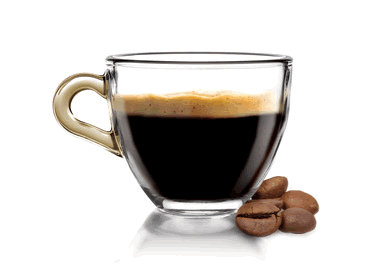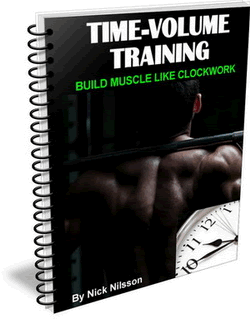By Jane Sandwood
Coffee is big business, it was voted the nation’s favourite drink in 2017 and it’s the go-to pick-me-up for millions of people across the globe.
Coffee culture is always growing, and there’s a type or variety of coffee to suit everyone, whether you use it to kick start your day, catch up with a friend over coffee or you simply just enjoy the taste. If you are not a fan of the taste of coffee, there’s little doubt you would have benefitted from the health effects of caffeine at some point, as there are a whole host of other popular caffeine containing drinks to choose from.

Many people who work out regularly or have an intensive fitness regime want to know whether it is good or bad to drink coffee before or after a workout. If you are a coffee lover and a keep fit enthusiast, then its good news. Drinking a coffee before and after your work out could help support your fitness goals by improving your workout.
The lowdown on coffee and health
Ever wondered why exactly coffee helps to keep us alert and awake? Well, during waking hours, a chemical called adenosine builds up in our bodies, high levels of this chemical makes us feel sleepy, so it is our body’s natural way of preparing us for sleep. Coffee helps us stay awake by binding to the adenosine receptors in our brain, which can keep feelings of sleepiness at bay.
Coffee is rich in polyphenols, which is a group of compounds found in a range of fruit and vegetables. Polyphenols increase the blood supply to the brain, which could help give protection against dementia, and they also actively decrease blood pressure which reduces the risk of stroke or heart attack.
Coffee has a whole host of other chemicals that can affect our bodies in different ways, while studies show that coffee does increase blood pressure temporarily after drinking it, this will eventually be brought down with the help of the polyphenols. Because of this brief spike in blood pressure, people with hypertension are advised to reduce their caffeine intake. For otherwise healthy people without these risk factors, research shows that the presence of polyphenols results in a 15% reduction of the risk of heart disease and premature death.
Caffeine kick starts your metabolism
Drinking coffee will help boost your metabolism, and as fat is the main energy source used by our bodies when we work out, it helps us burn more fat, which in turn leads to leaner muscles. The British Journal of Sports Medicine published a study showing that people who drank coffee before a 1.500-meter treadmill run finished on average 4.2 seconds more quickly than the control group, so evidence would suggest that caffeine can in fact improve your workout performance.
Improved focus
This is brought about as a result of caffeine binding to the adenosine receptors in our brains, thereby slowing the build-up of adenosine which makes us sleepy and helping keep us awake and alert instead. This could help give you the edge during an intensive gym session or workout, by helping increase your stamina and ability to push through it.
Protects your heart
Anyone interested in fitness and exercise will recognise the importance of cardiovascular health, and as we have seen already, caffeine could help protect our heart. Caffeine raises adrenaline levels in the blood which stimulates the heart and promotes blood flow, this helps release the level of energy needed for high level training and endurance exercises.
Improves workout recovery
Coffee is also a great way to help decrease muscle soreness after your workout. Research shows that coffee can help bring about a reduction in post exercise muscle pain by nearly 50%.
Coffee has a double action on reducing post workout pain as it is involved with the release of the neurotransmitter’s dopamine and beta-endorphins, the body’s natural pain killers. Also, the adenosine receptors in our brain are involved in the perception of pan, and caffeine of course has the action of blocking these receptors.
When to drink coffee
Inflammation in the body after a workout is part of the process of your body adapting and improving itself after exercise, however excess inflammation can have the opposite effect by slowing recovery down. Furthermore, high levels of inflammation in the body has been linked to diseases such as cancer. Drinking coffee 24 to 48 hours after a workout can help combat this by reducing pain and inflammation.
If we are going to get down to the specifics, research suggests that to maximise the benefits of coffee when training you need to drink 4.5 to 6 mg of caffeine per kg of body weight. This roughly equates to 2 cups for a woman and up to 3 for a man, depending on a number of variables of course such as height and weight.
To maximise the benefits of caffeine and increase the intensity of your workouts you should drink coffee 30-60 minutes before training. If you don’t like the taste of coffee, then there is a huge variety of sports drinks out there that contain caffeine as one of the main components to help with training.
![]()
More From Fitstep.com
| How Do I Build a Bigger Butt? | |
| How to Spot Reduce Stomach Fat | |
| How I Got My Butt Kicked By a 68 Year-Old Woman | |
| Get a Ripped Six-Pack With Abdominal Sit-Ups |
Share This Page...
---
Home -> Fitness For Beginners -> Articles -> Coffee and Fitness



